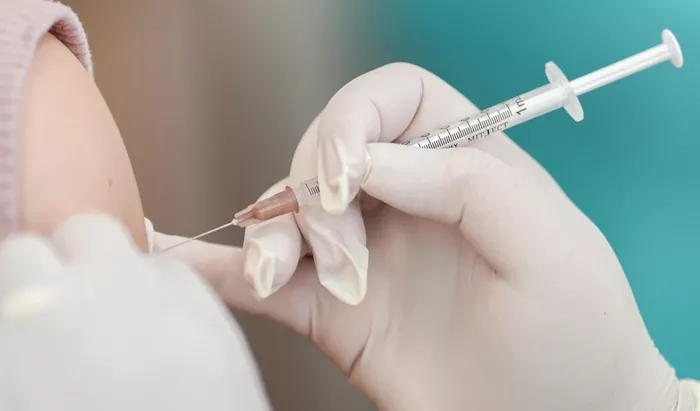The Food and Drug Administration (FDA) is changing how it approves COVID-19 booster shots for healthy Americans under 65 years old. The agency now requires clinical trial data before allowing boosters for this group. This new rule means that COVID boosters are unlikely to be available for most healthy adults this year.
Boosters will still be allowed for older adults and people with certain health risks. According to the FDA, about 100 to 200 million Americans fall into these higher-risk groups. These include people with obesity, diabetes, mood disorders like depression, physical inactivity, and current or former smokers.
Who Can Still Get a COVID Booster?
Adults aged 65 and older
People older than 6 months who have at least one risk factor for severe COVID
For these groups, the FDA will continue a faster approval process based on evidence that the vaccine produces antibodies. This streamlined path will likely allow new boosters to be approved and available for these populations.
Who Will Be Ineligible?
Healthy people under 65 without any risk factors will face stricter approval rules. Vaccine makers must now provide strong clinical trial results before boosters can be authorized for these individuals. These trials take more time and money, and it will be hard to prove extra protection since many people already have some immunity from previous infections or vaccinations.
Experts warn this may make boosters nearly impossible to approve for healthy adults under 65. This change reflects a shift from the FDA’s previous “one-size-fits-all” approach.
Why Is the FDA Making This Change?
The FDA explained that the effectiveness of multiple boosters for healthy people is uncertain, especially since many have had COVID infections already. They also noted that COVID booster rates are low because many Americans doubt their benefit.
Compared to other countries like Canada and the UK, the U.S. had a more aggressive booster policy. Now, the FDA wants a common-sense, science-based approach that focuses on those who need it most.
What Are Experts Saying?
Some experts worry that the requirement for large clinical trials is too strict and slow. Since COVID variants change quickly, trial results may be outdated by the time they are ready. This could block access to updated vaccines for millions who want extra protection, even if their risk is low.
Others agree that it makes sense to focus boosters on high-risk groups now that the emergency phase of the pandemic is ending. Risk-based guidelines are common in many countries, and the U.S. was unusual in recommending boosters broadly.
Still, many experts believe boosters do help improve immunity in healthy people. However, low booster rates reflect a larger issue of public mistrust in vaccines and health authorities.
What Does This Mean for Healthy People?
If boosters are not approved for healthy adults under 65, getting one will be harder but not impossible. Insurance may not cover the cost, so some might have to pay out-of-pocket.
Because the list of risk factors is broad, many people might still qualify for a booster if they want one.
Even though healthy people have a low risk of severe COVID, some may choose to get boosted to reduce illness or prevent spreading the virus to vulnerable individuals.
Experts say the vaccine is safe but acknowledge there is little evidence showing healthy young adults need the booster.


